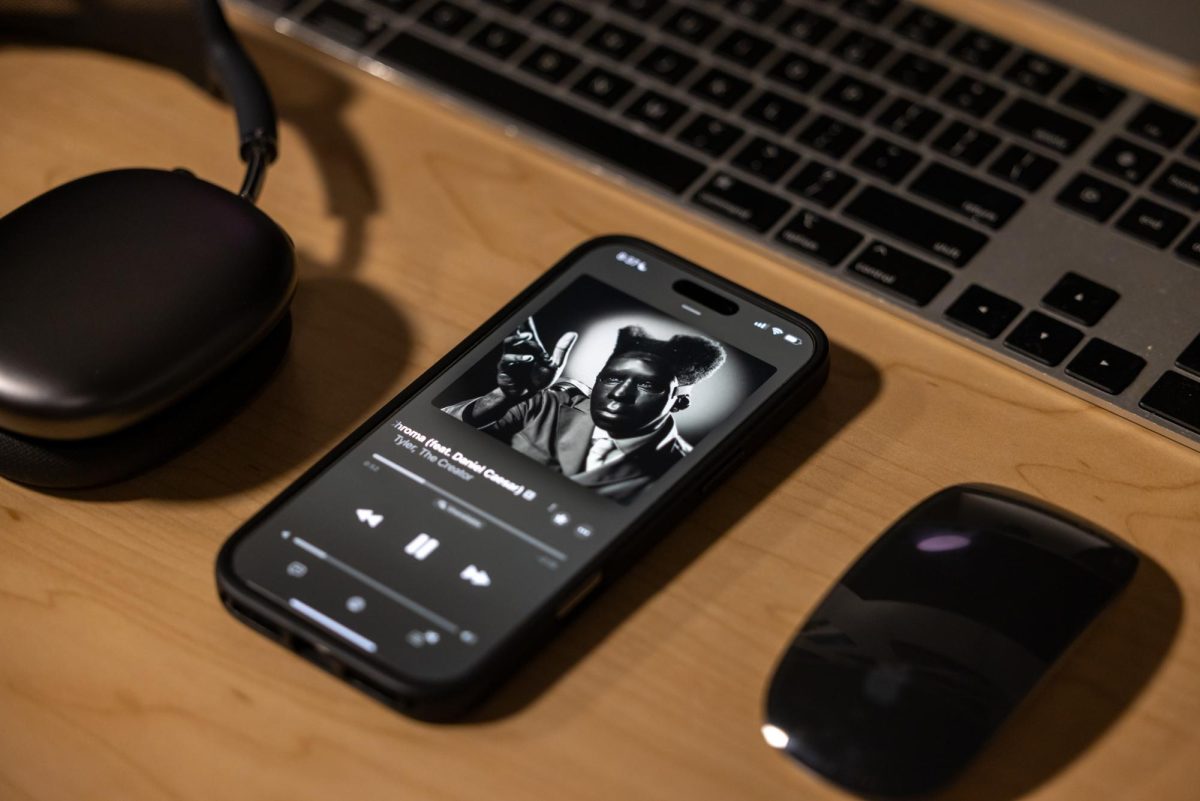
Though critics were quick to pen her as the less self-destructive version of Amy Winehouse with her sultry, soulful pipes, London songstress Adele Adkins has proven yet again that despite being only 22, she possesses a kind of old soul talent and lyrical integrity that is beyond her years.
Adele conveys lover’s ache in such a raw fashion it is almost hard to digest at moments, especially when compared to the sugary love ballads of Katy Perry.
Devoid of synthesizers and over-produced accents, Adele’s sophomore effort, 21, exhibits a new level of emotional and lyrical maturity for the young English songbird.
On her debut, 19, listeners collectively rode on the emotional rollercoaster of her breakup catharsis as she bared her heartbroken soul and with her latest release, fans can expect the same amount of hefty breakup baggage, but with more accentuation of Adele’s blissfully breathtaking vocals.
21 begins with “Rolling in the Deep,” a confident, upbeat gospel tune that blatantly exposes the perpetrator of her heartache. Beginning the album with, “There’s a fire starting in my heart/ Reaching a fever pitch/ And it’s bringing me out the dark,” Adele strikes hot with a vengeance against the one who caused the darkness and tears and readies the listener for the divulgence of emotion about to spill out onto the remaining tracks.
Like an electric shock to the heart, “Rolling in the Deep” establishes that 21 is indeed a vulnerable breakup album, but it’s undoubtedly deeper than that: It’s about reflection; the cool clarity one gains after amputating the malignance of a failing relationship.
21 seems to be the sonic equivalent of a certain scene in “500 Days of Summer.” In the scene, Joseph Gordon-Levitt’s character receives some much-needed perspective from his little sister as she attempts to pull him out of his post-breakup self-pity.
She says, “Look, I know you think she was the one, but I don’t. Now, I think you’re just remembering the good stuff. Next time you look back, I really think you should look again.”
Perhaps Adele received the same advice because 21 is chock-full of a second-glance perspective.
On the piano ballad, “Someone Like You,” she personifies the bittersweetness that often follows from the stinging realization that an ex has moved on, and displaces that anger with, “Never mind, I’ll find someone like you/ I wish nothing but the best for you, too.”
With the production guidance of Rick Rubin, Columbia Records co-president and Def Jam Records co-founder who is stylistically notorious for stripping songs to their naked vocals and minimal instrumentation, 21 seems to shed the pop influences that defined 19.
Thankfully, Rubin recognizes that Adele’s powerhouse vocals need little embellishment.
Though it’s hard to pinpoint any missteps on 21, the continual breakup theme that pervades throughout the album’s 11 tracks can grow daunting. At times Adele also seems to contradict herself, establishing that she’s moved on in one song and then later declaring, “Whatever words I say/ I will always love you” in another.
But with her expressive Etta James-like pipes it’s difficult to dislike anything she sings, especially with her overwhelming ability to translate the breakup cocktail of passion and pain into song.
21 is best summed up with Adele’s own words in “Someone Like You” when she croons, “Sometimes it lasts in love, but sometimes it hurts instead” – a universality lonely hearts of all ages can relate to.
4 out of 5 stars













